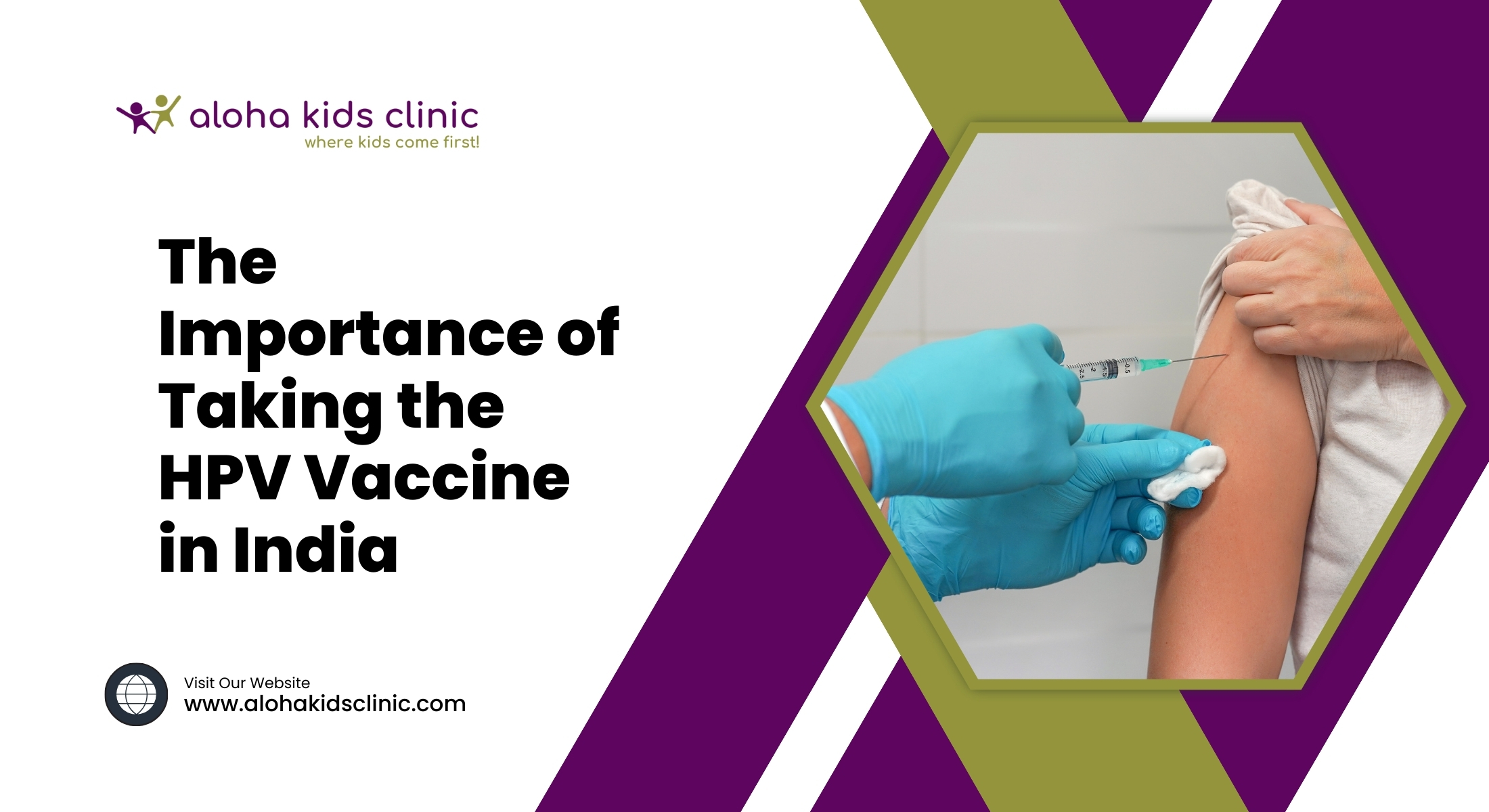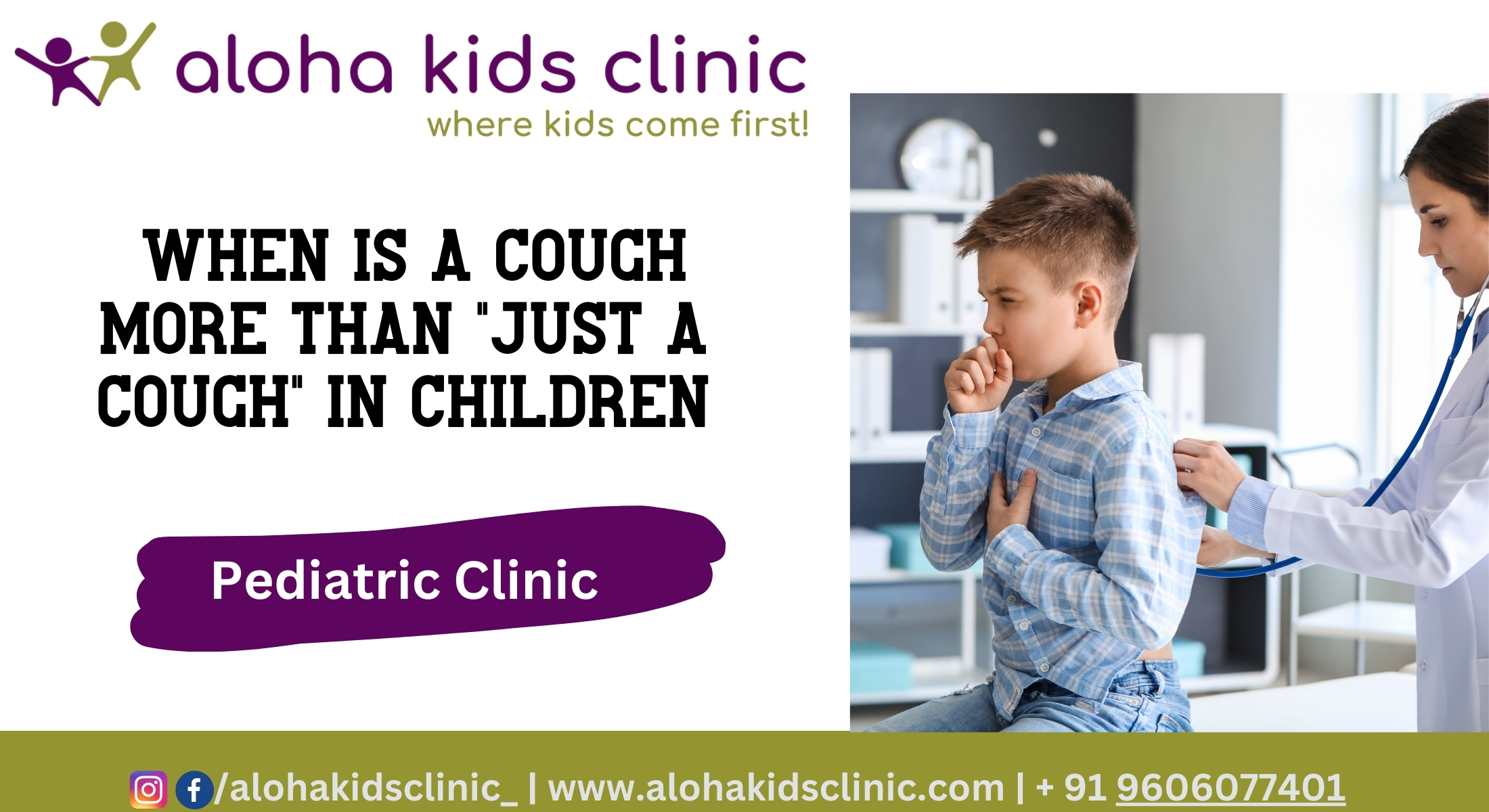
Hello everyone! Today, we are going to talk about something very important for our health: the HPV vaccine. You might be wondering what HPV is and why we need a vaccine for it. Let’s learn about it together in a simple and easy way.
What is HPV?
HPV stands for Human Papillomavirus. It’s a group of more than 100 viruses that can cause different types of infections. Some types of HPV are harmless and go away on their own, but others can cause serious health problems. These include warts on different parts of the body and even cancers, such as cervical cancer in women, as well as anal, oropharyngeal (throat), and genital cancers in both men and women.
Why is HPV a big deal?
HPV is very common. It spreads easily through skin-to-skin contact, often during activities like playing or even shaking hands. It’s also transmitted through intimate skin-to-skin contact, including sexual intercourse. Because it’s so common, many people can get infected without even knowing it. In India, HPV is a major cause of cervical cancer, which is a serious illness that can affect many women.
What is the HPV Vaccine?
The HPV vaccine helps protect us from the bad types of HPV that can cause cancer and other problems. It works by teaching our body’s immune system to fight the virus if we ever come into contact with it. The vaccine is given as a shot, usually in the arm. There are three main types of HPV vaccines: bivalent, quadrivalent, and nonavalent. These vaccines protect against different numbers of HPV types.
Why Should We Get the HPV Vaccine?
- Prevents Cancer: The most important reason to get the HPV vaccine is to prevent cancers, especially cervical cancer in women. By getting the vaccine, we can stop HPV from causing these cancers.
- Protects Both Boys and Girls: Both boys and girls can get HPV. The vaccine helps protect everyone from the harmful effects of the virus. Boys can also get cancers caused by HPV, so it’s important for them to get vaccinated too.
- Safe and Effective: The HPV vaccine is very safe. Scientists and doctors have done a lot of studies to make sure it works well and doesn’t cause serious side effects. Millions of people around the world have already taken the vaccine safely.
- Prevents Spread of HPV: When more people get the HPV vaccine, it helps stop the virus from spreading. This means fewer people will get infected, which makes everyone healthier.
IAP Guidelines for HPV Vaccination
The Indian Academy of Pediatrics (IAP) recommends the HPV vaccine to protect against infections caused by certain types of HPV. Here are some key points from their guidelines:
- Primary Target Group: Girls and boys aged 9-14 years.
- Vaccination Schedule:
- Two-Dose Schedule: For individuals starting the vaccination before their 15th birthday, two doses are recommended. The second dose is given 6-12 months after the first dose.
- Three-Dose Schedule: For those starting the vaccination on or after their 15th birthday, three doses are recommended. The second dose is given 1-2 months after the first, and the third dose is given 6 months after the first dose.
- Catch-Up Vaccination: Recommended for females up to 26 years of age and males up to 21 years of age who have not been vaccinated previously.
How is the Vaccine Given?
The HPV vaccine is given as an intramuscular injection, which means it’s a shot given into a muscle, usually in the arm. It’s a quick and simple process that can be done at a doctor’s office or a health clinic.
Safety and Side Effects
The HPV vaccine is very safe. Common side effects are usually mild and can include:
- Pain, redness, or swelling at the injection site
- Fever
- Headache
- Fatigue
- Muscle or joint pain
Serious side effects are extremely rare and can include allergic reactions. If you have any concerns about side effects, it’s important to talk to your doctor.
Who Should Get the Vaccine?
The HPV vaccine is primarily targeted at adolescents before the onset of sexual activity. It’s also recommended for catch-up vaccination for those who missed the primary vaccination schedule. However, certain people should not receive the vaccine, including individuals with a known severe allergic reaction to any component of the HPV vaccine and pregnant women (although there is no evidence that the vaccine harms the fetus, vaccination should be delayed until after pregnancy).
Importance in Public Health
HPV vaccination is a key tool in preventing HPV-related cancers and genital warts. By getting vaccinated, we protect ourselves and help prevent the spread of HPV to others, making our communities healthier.
Consultation with Healthcare Professionals
Conclusion
The HPV vaccine is a powerful tool to keep us safe from serious diseases like cervical cancer. By getting vaccinated, we can protect ourselves, our friends, and our families. Let’s work together to make sure everyone knows about the importance of the HPV vaccine and stays healthy. Remember, staying informed and getting vaccinated is a big step towards a healthier future for all of us.
Disclaimer:
This information is for educational purposes only and may not reflect the most current data available. Always consult a pediatrician or healthcare professional for medical advice before making any vaccination decisions. We strive to keep this information updated, but it may not be updated in real-time.
PLEASE PROVIDE A hyperlink to our vaccine page which has information about HPV vaccines


